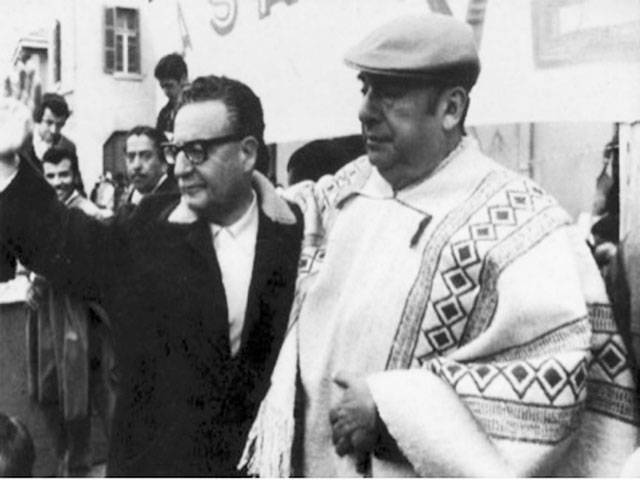“Books and all forms of writing are terror
to those who wish to suppress truth.”
–Wole Soyinka
Born on July 12, 1904, Ricardo Eliezer Neftali Reyes y Basoalto adopted the pseudonym “Neruda.” Little did Ricardo know that the world would know him by his pseudonym more than his actual one. Since an early age, Neruda was lucky that he found the poet Gabriela Mistral as one of his teachers who were crucial to his literary developments.
Apart from being a poet, Neruda had his political convictions in communism. He was an ardent supporter of Salvador Allende and Fidel Castro. He paid the price for his loyalty to Allende, once Allende’s government was overthrown and Chile went under the brutal dictatorship of Augusto Pinochet.
Neruda is best known for his collection of “Twenty Poems of Love and a Song of Despair.” While gauging the reverberations of Neruda’s poetry, it is sufficient to say that he received Nobel Prize for literature in times when the prize would go to literary figures who opposed communist regimes in their home countries.
Pinochet’s rule meant that persecution was Neruda’s destiny. Before becoming successful in fleeing to Mexico, he died on September 23, 1973, just a day before the plan materialised. In July 2013, the Chilean judge ordered bone studies of the poet and Nobel Prize winner to the University of Murcia in Spain, where they would undergo toxicological tests to determine if he was poisoned, as theories of his assassination are gaining momentum.






